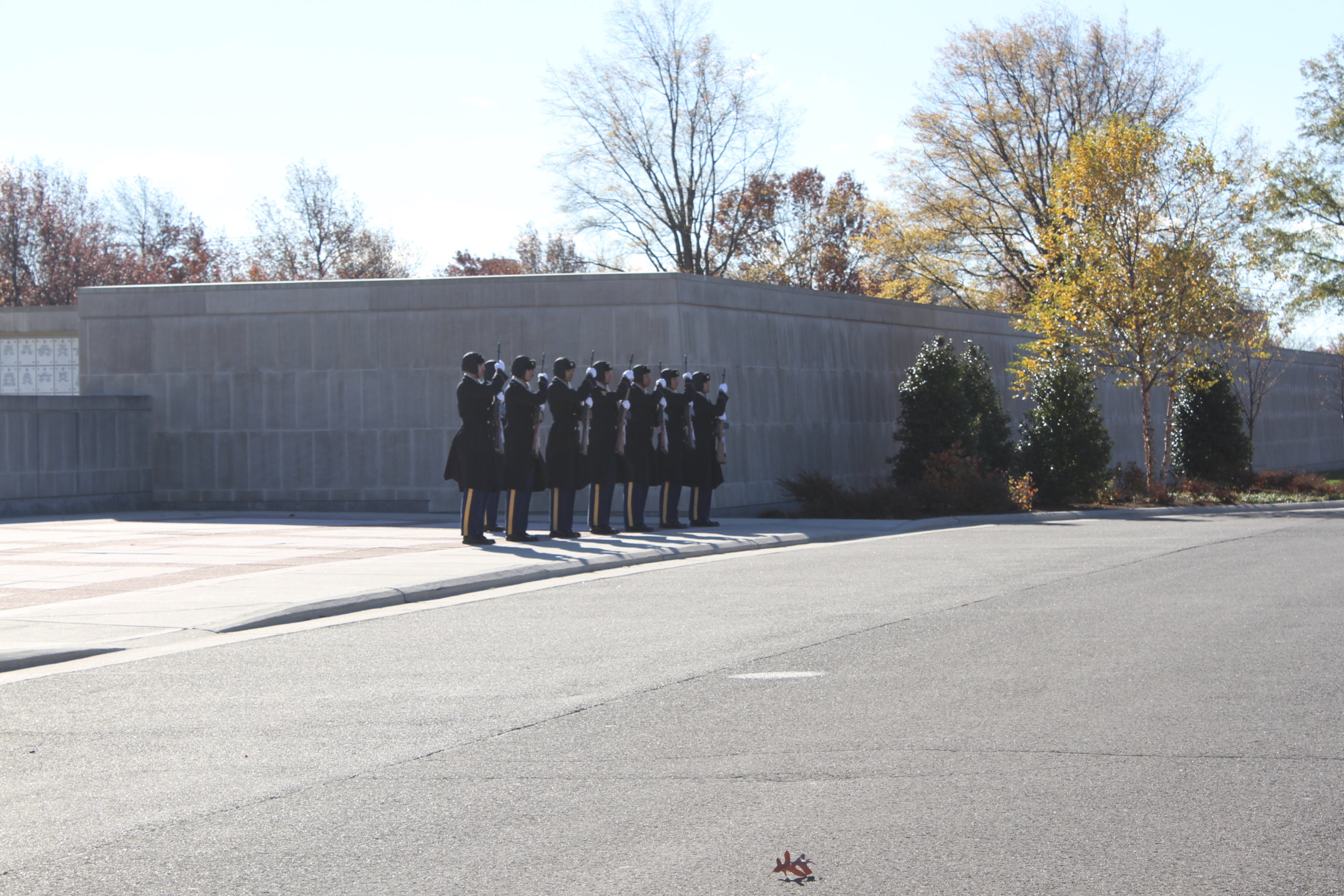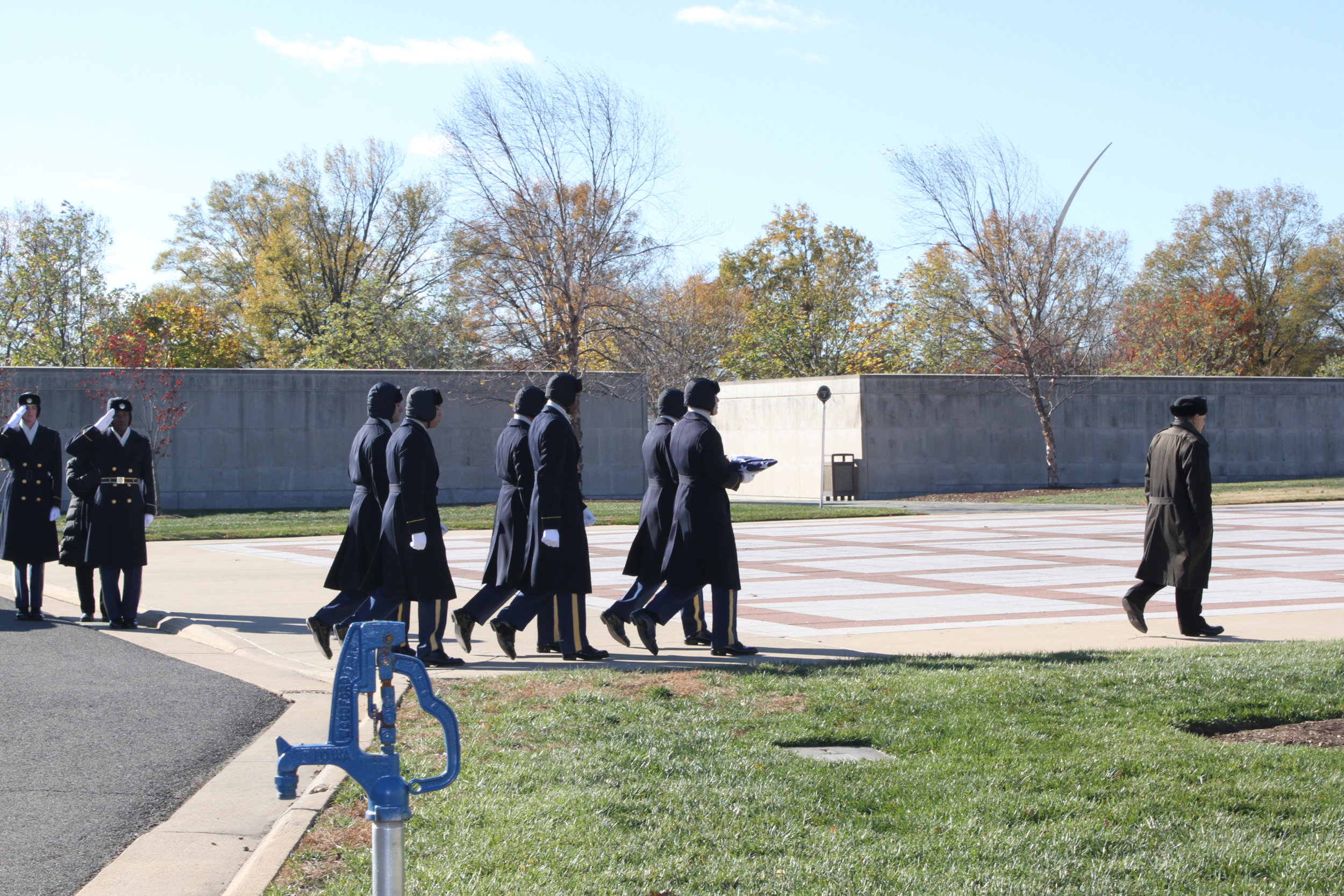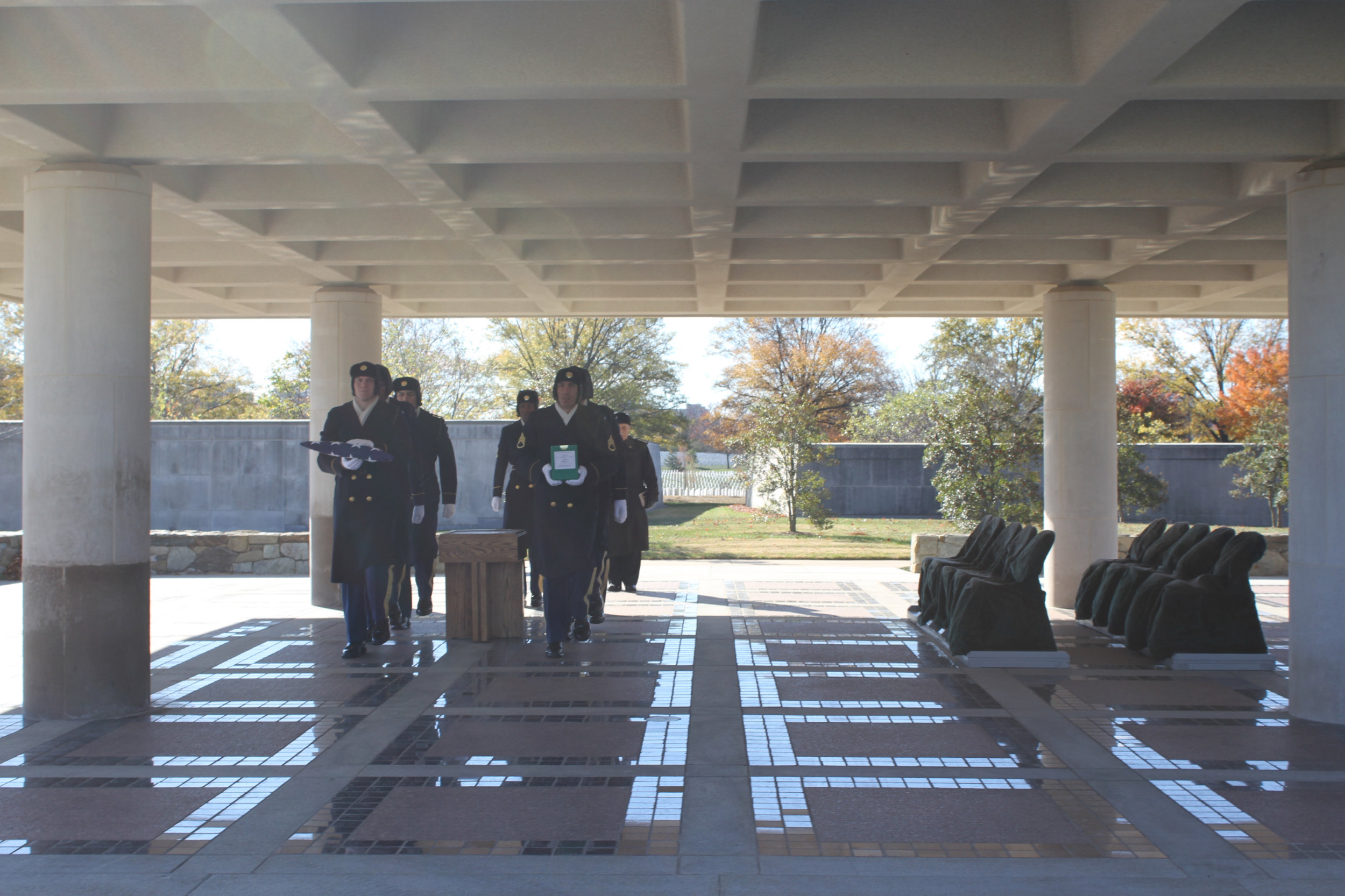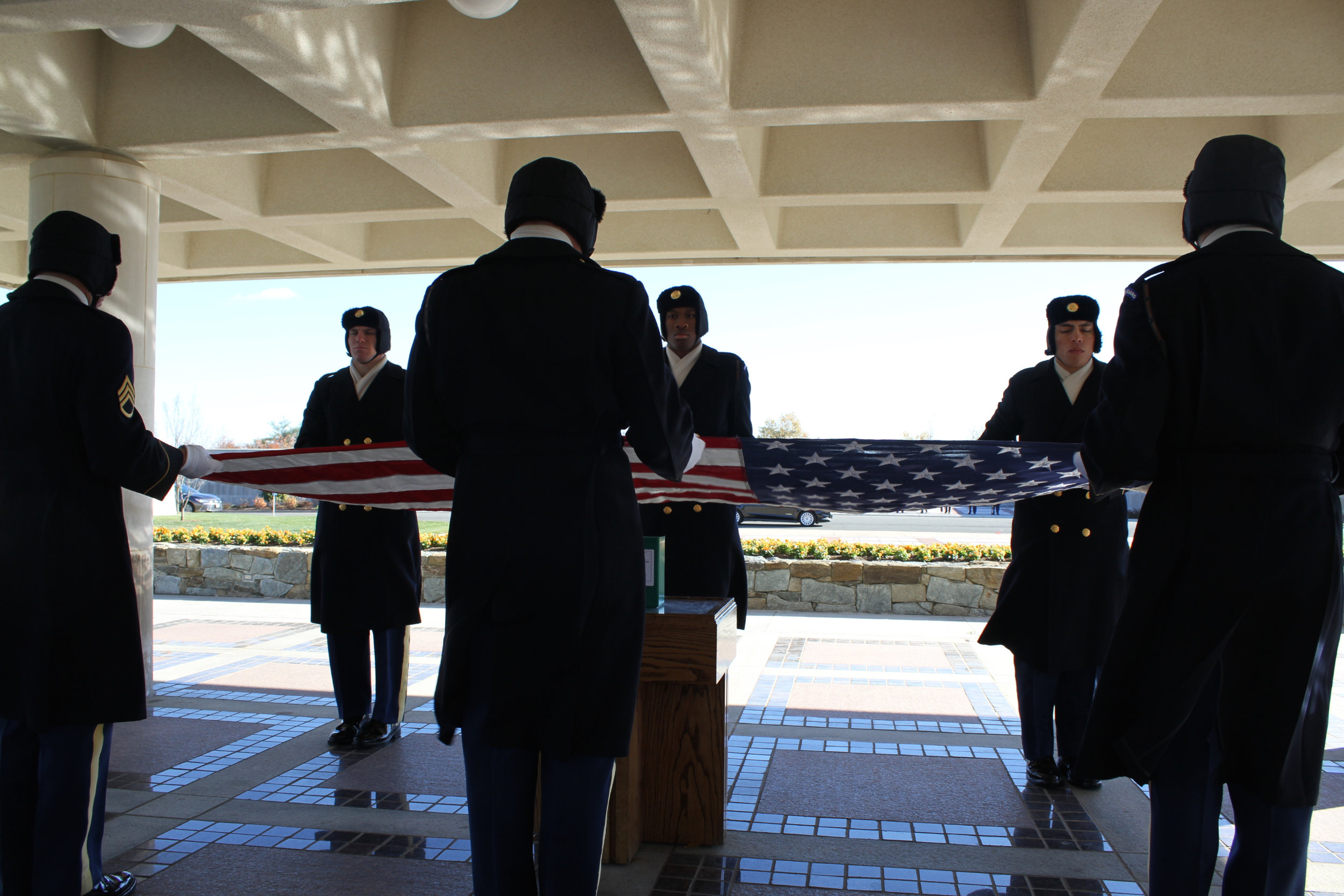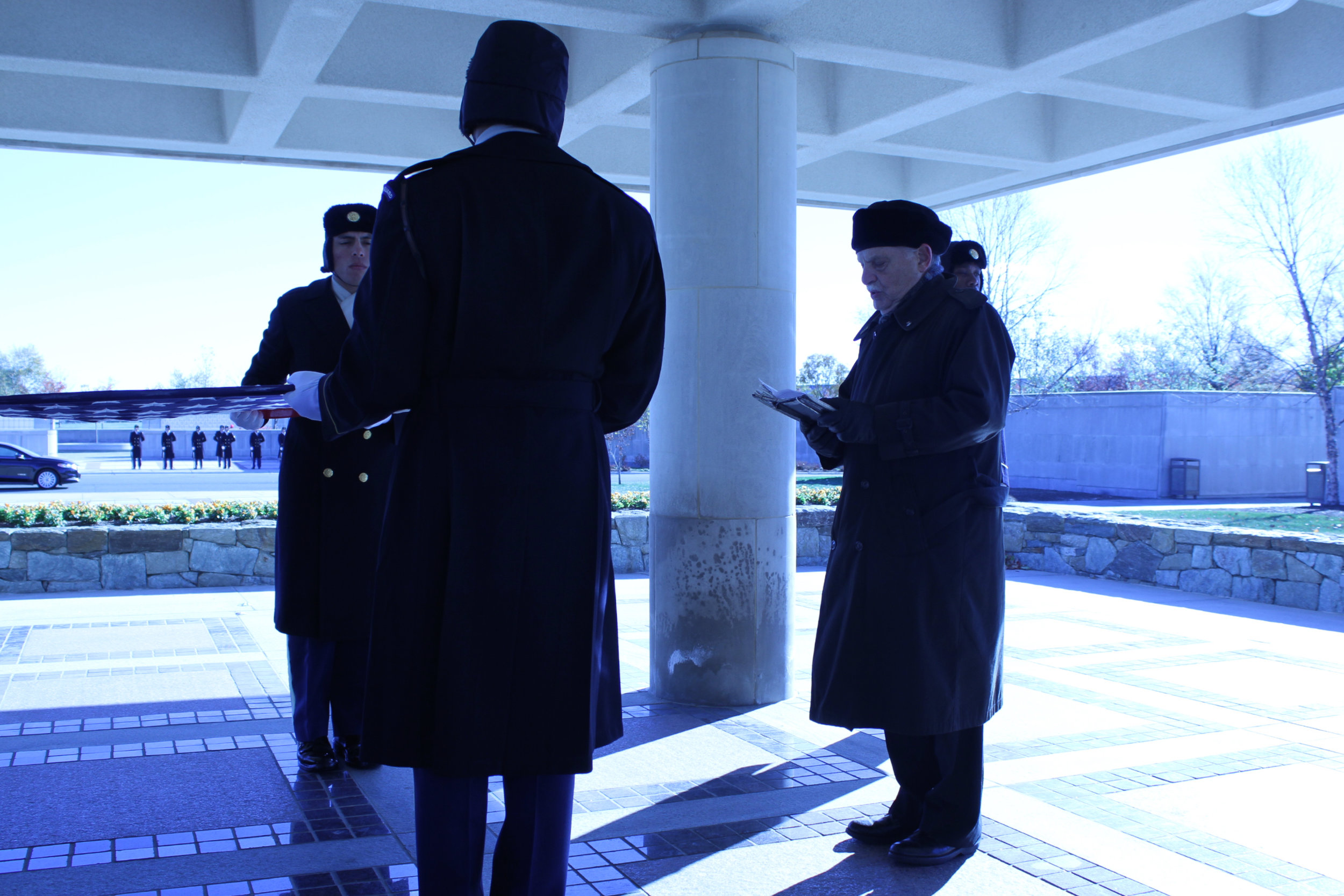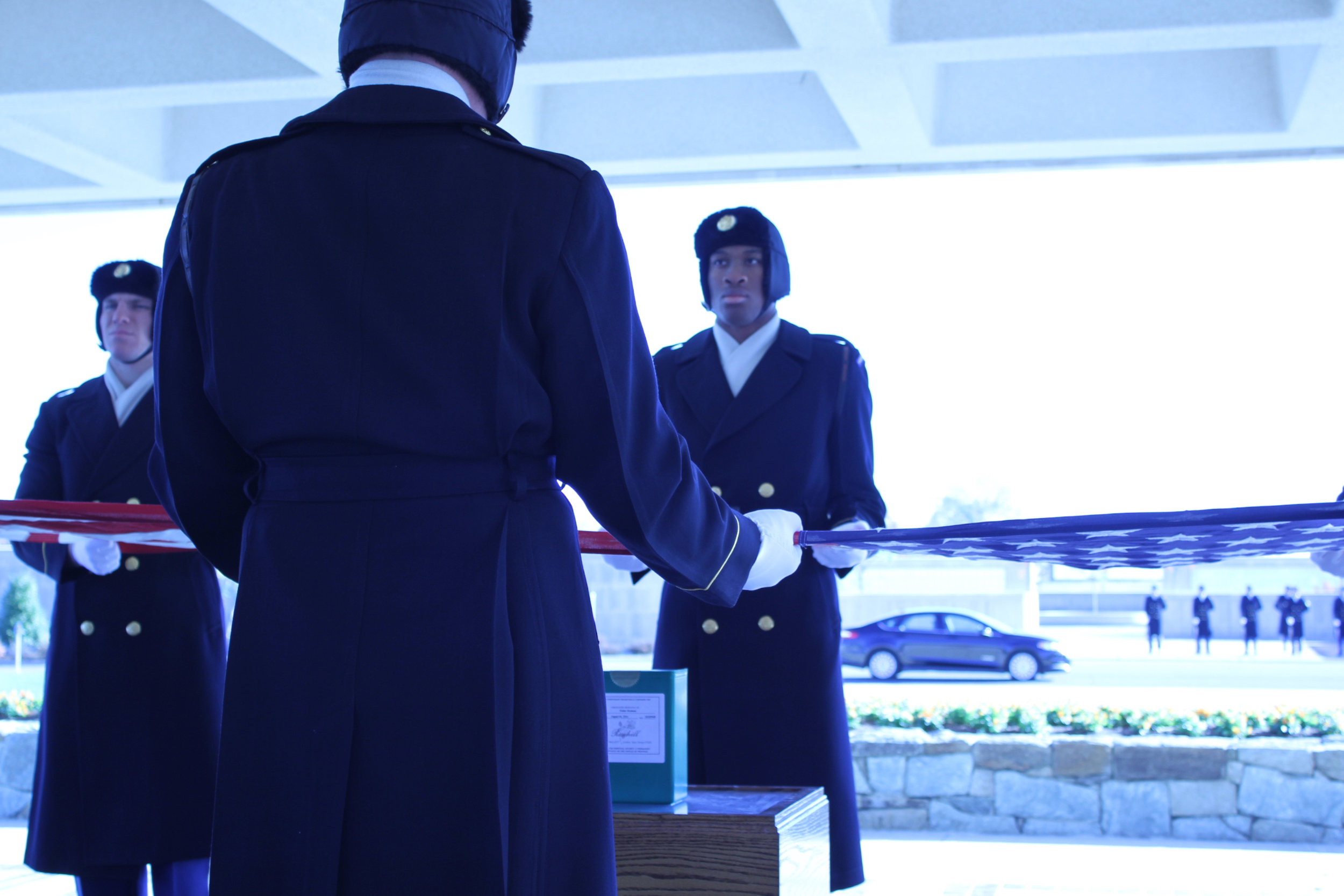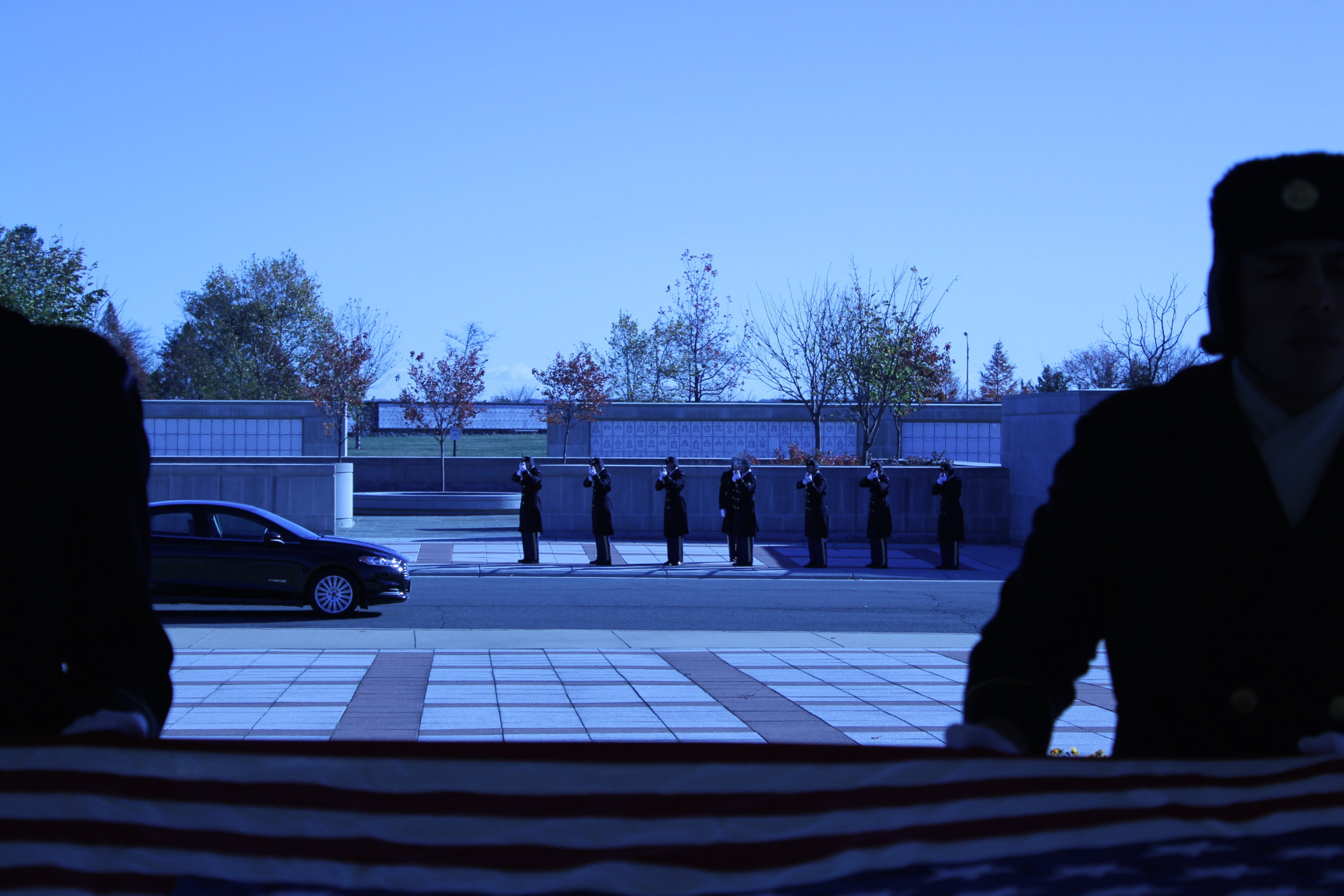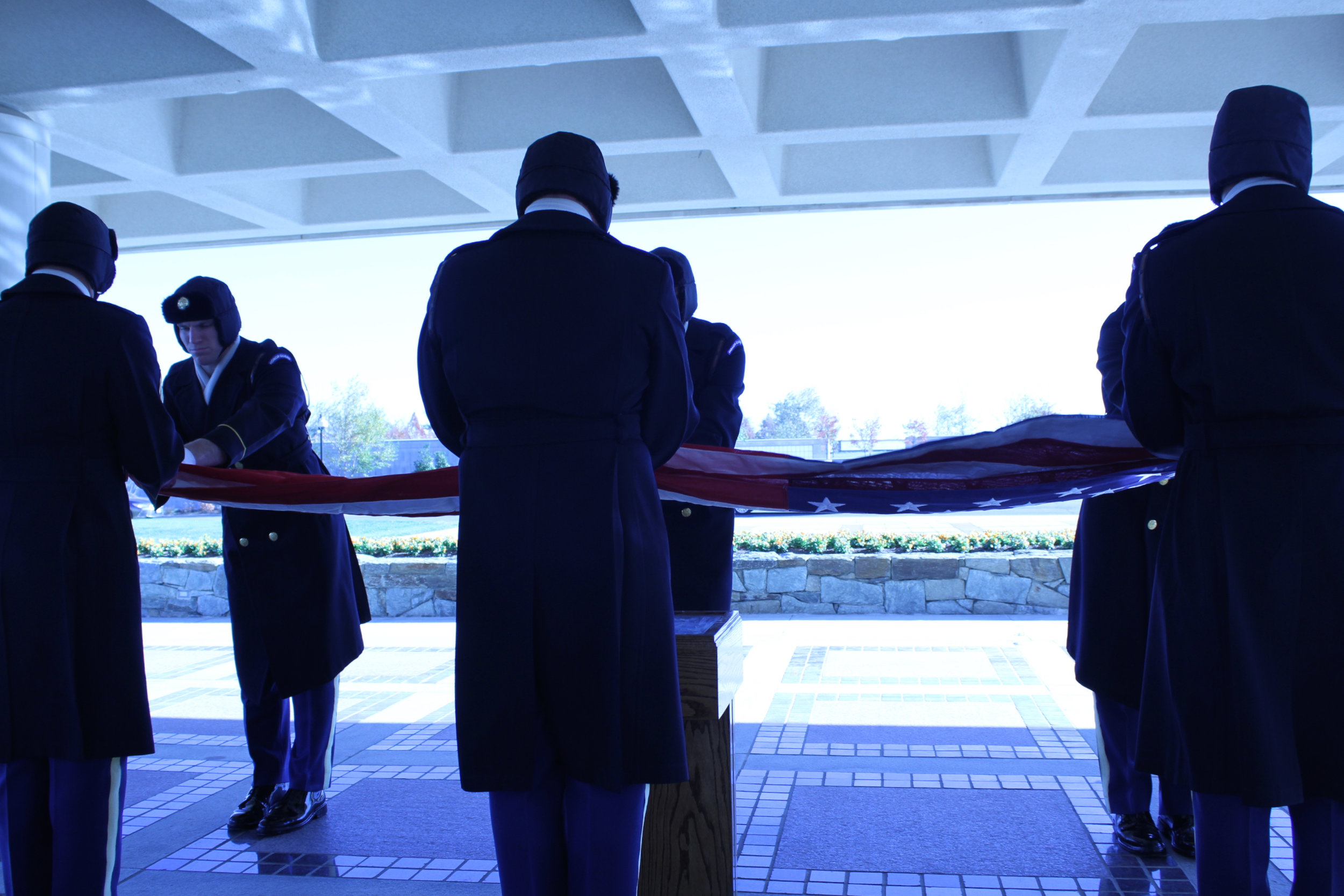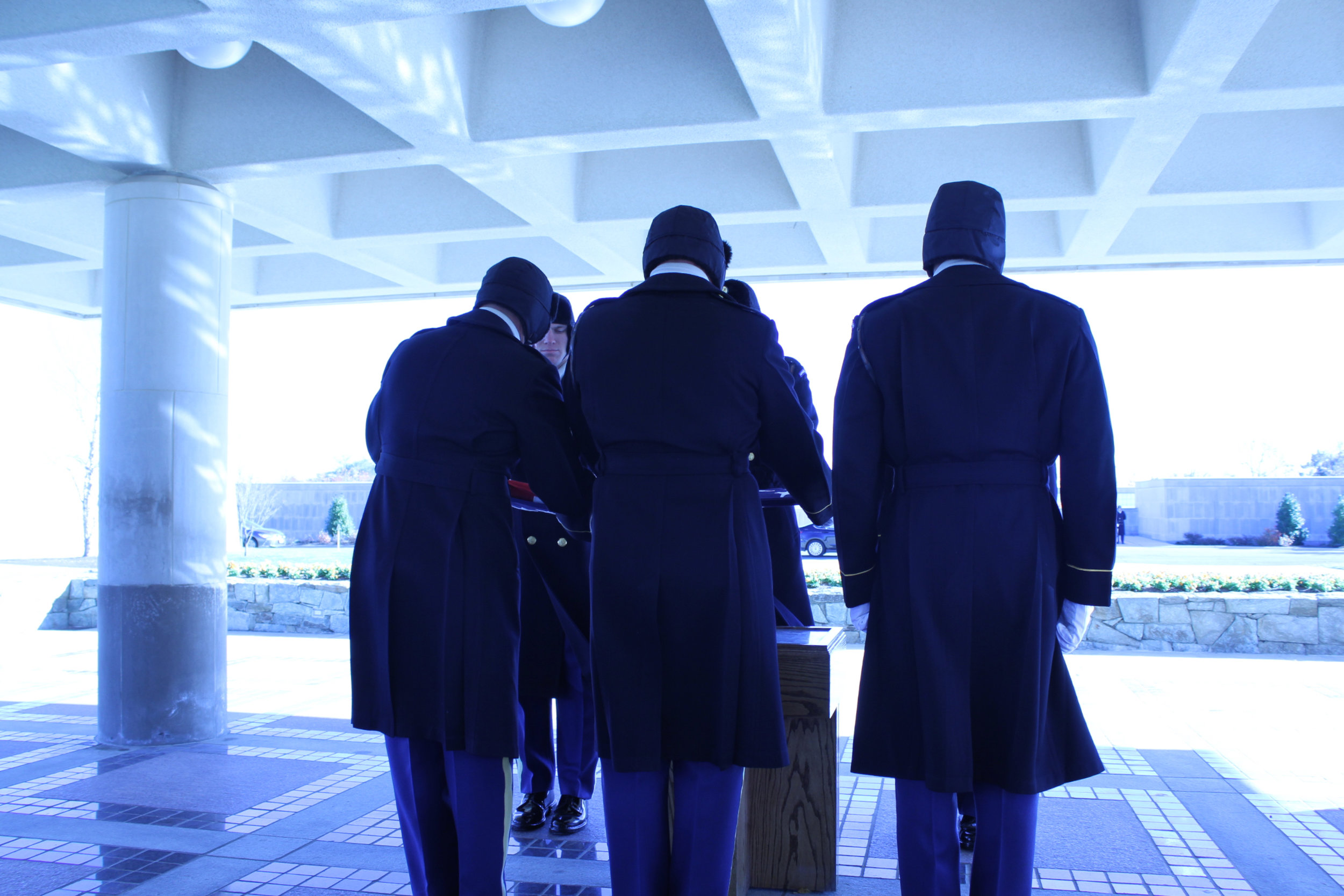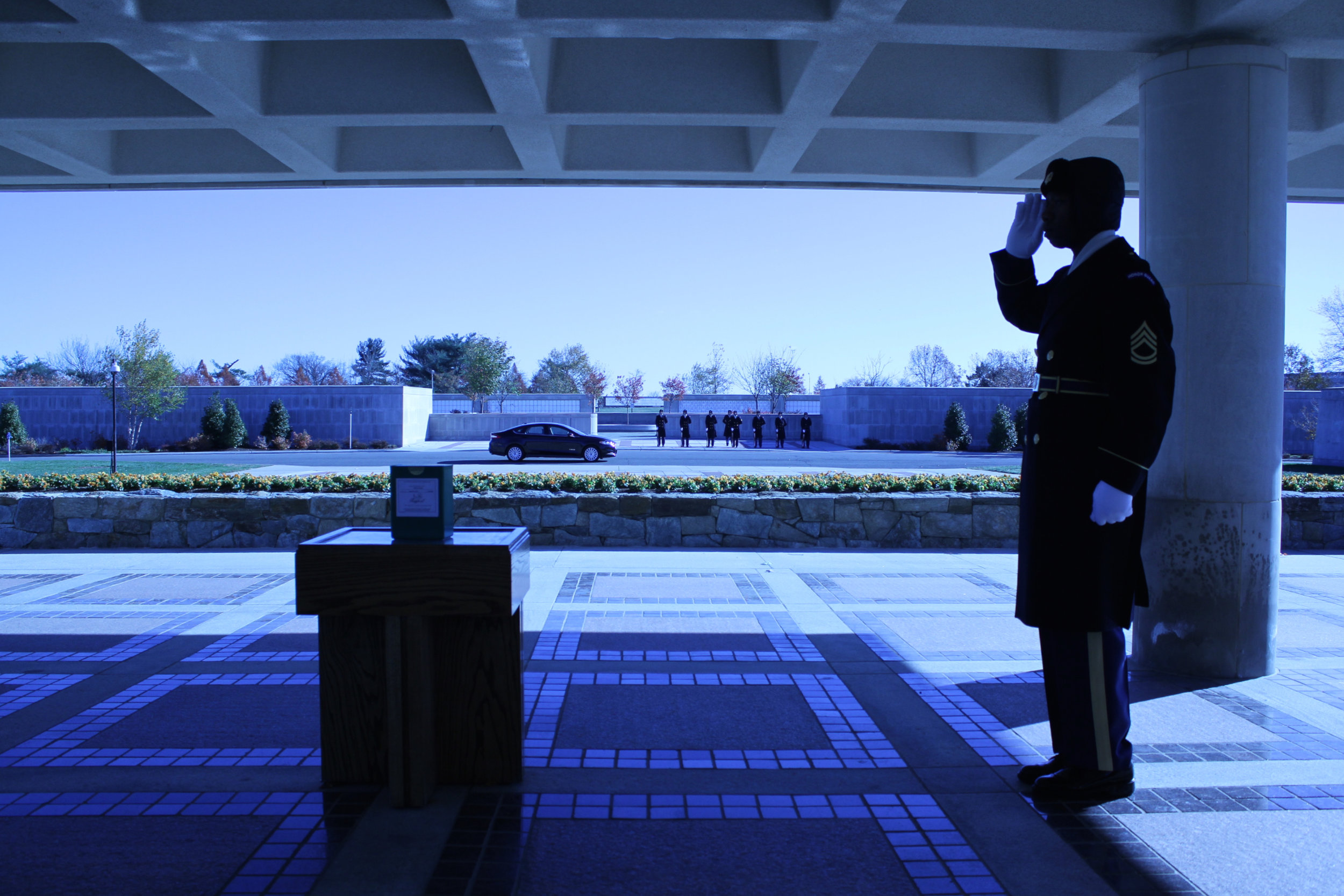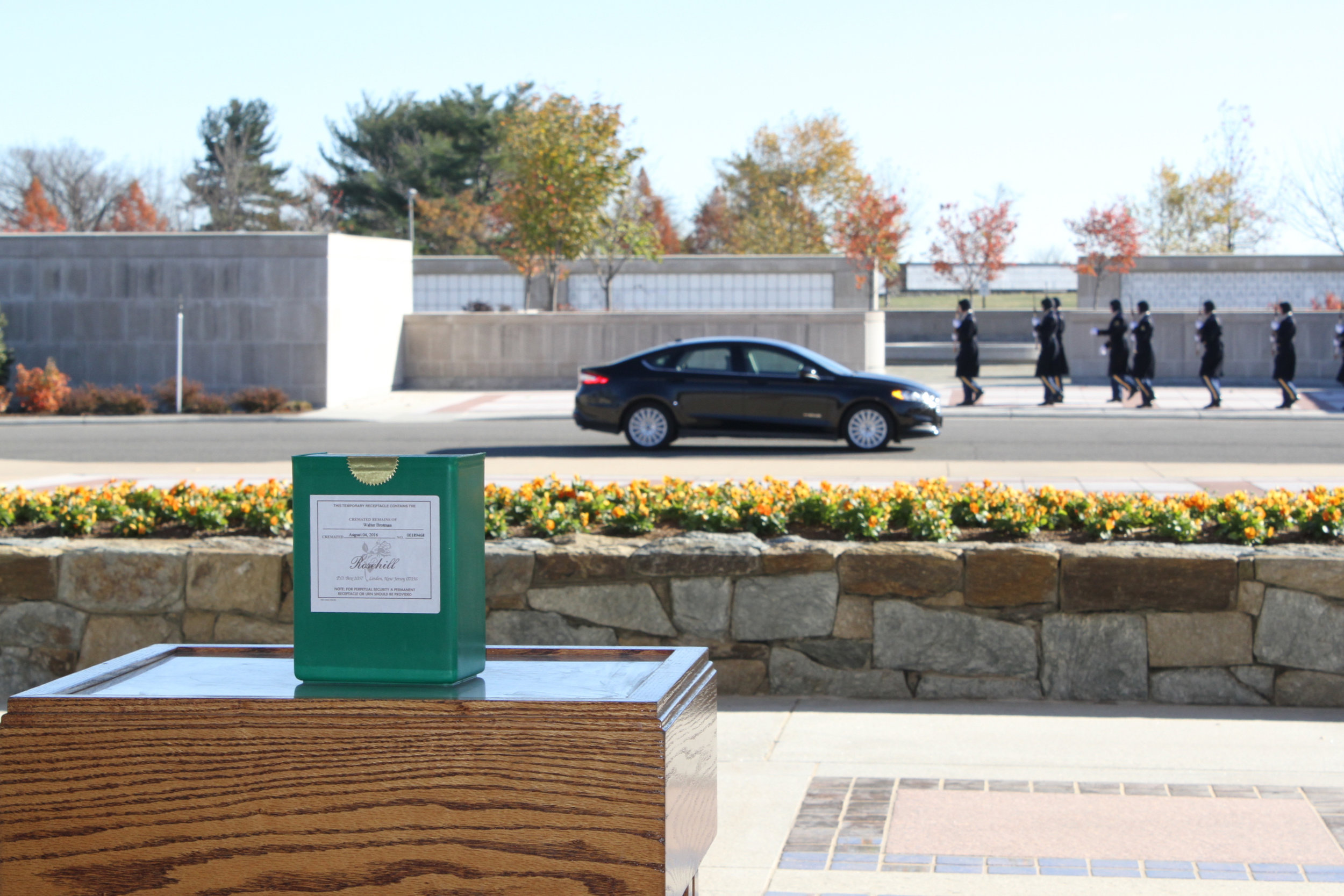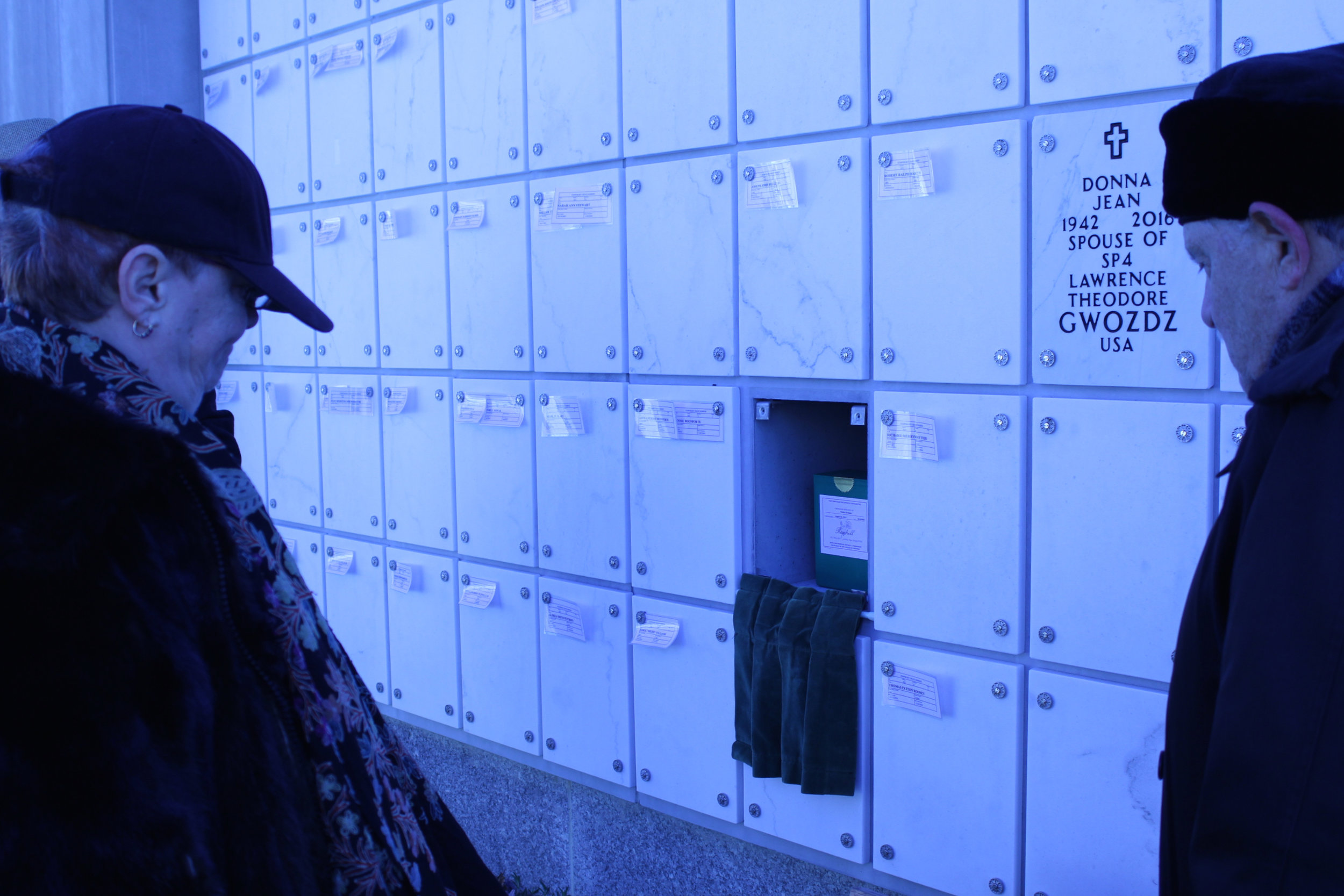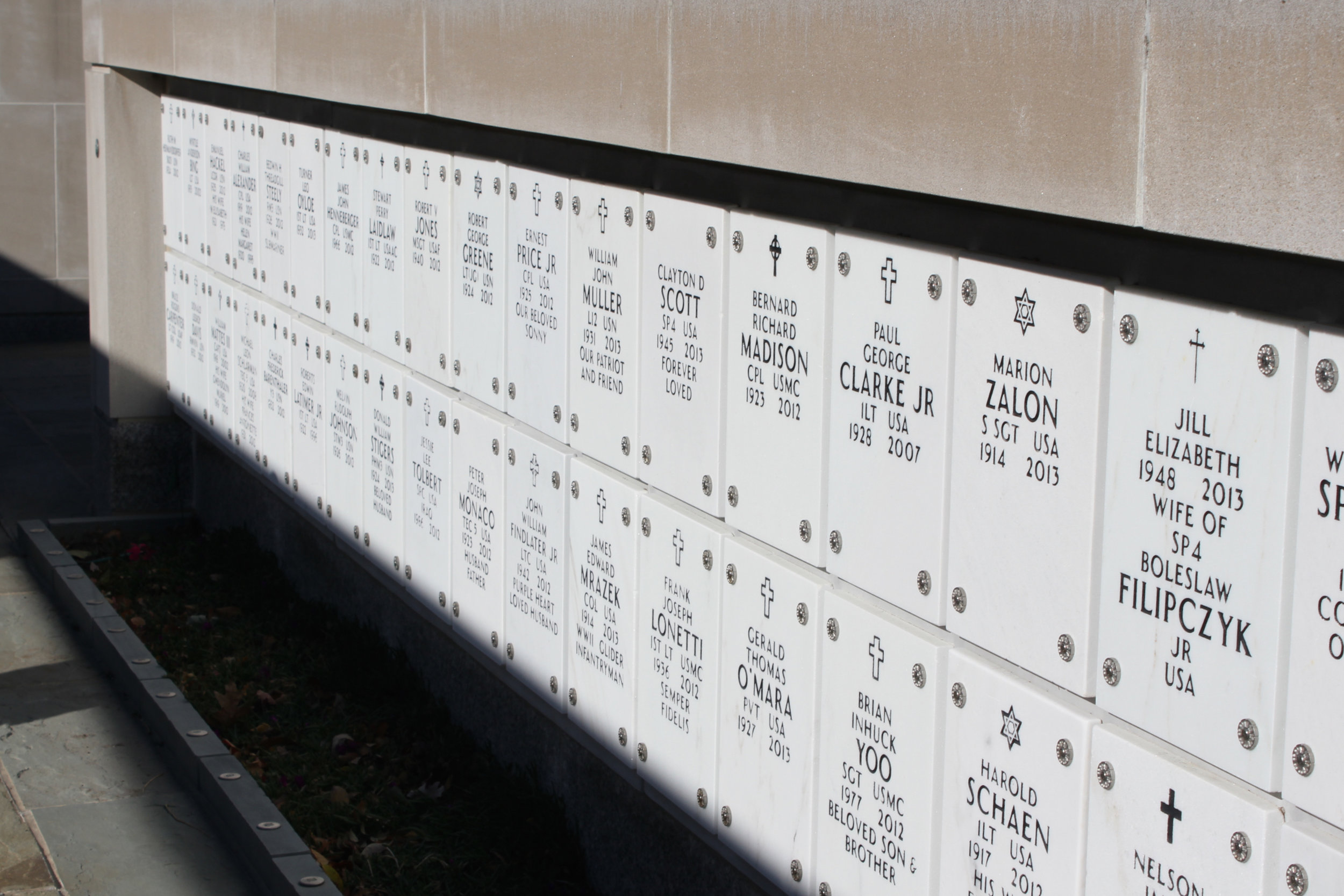On June 12, 1944, a skinny 24-year-old sergeant named Walter Brotman drove a limousine off an amphibious landing craft onto Omaha Beach in Normandy, France. The carnage he came upon was terrible. Six days earlier, on what became known as D-Day, the first assault waves of the Allied forces had landed at Omaha and were met with a wall of bullets, mortars, and artillery fire from defending German infantry. The beach was still strewn with burned-out tanks, jeeps, landing crafts, and other paraphernalia of war. The dead were stacked like cordwood in long rows on the sand, each corpse in a body bag or hastily covered by a green poncho. This is how Sergeant Brotman returned to Europe.
Three years prior, in 1939, Walter, his brother Gerald, and their parents had fled the European continent as it became apparent that Adolf Hitler was intent on provoking a second World War. Growing up in a Jewish household in Germany, they had witnessed the rise of Hitler and the Nazis from a far-right fringe political party to the overseers of a genocidal totalitarian state. The Brotmans tried to hold out as long as possible, but a turning point came on November 9, 1938 when the Nazis initiated Kristallnacht, a pogrom throughout Germany targeting Jews. Walter's father was arrested by the Gestapo--German secret police--and disappeared for a week. When he returned he was black and blue from head to toe from having been severely beaten and tortured. After that, there was no turning back.
The family fled Germany, bouncing from one European country to another as refugees before finally securing passage to America on an ocean liner. They arrived in New York harbor in April, 1939, and over the next two years the Brotmans thrived, setting up a successful furrier business in Midtown. They were realizing the American Dream.
That dream was shattered on December 7, 1941, when Imperial Japan attacked the American naval fleet at Pearl Harbor, Honolulu, Hawaii, finally drawing America into the war against the Axis powers of Germany, Italy, and Japan. The Brotmans’ lives were upended once again.
As America mobilized for war, Walter and his brother were drafted into the Army. Walter went into an artillery regiment while Gerald, harboring more ambitions than his younger sibling, went into Military Intelligence. After training they were quickly shipped over to England where they joined an amassing Allied expeditionary force composed of American, British, French, and Canadian troops.
Just days before the Allied invasion of France, Walter was summoned back to London from his base on the English coast. His brother Gerald, already a lieutenant in Military Intelligence, had pulled strings and had Walter reassigned as a personal chauffeur and interpreter for General Robert McGowan Littlejohn, Chief Quartermaster for the European Theater of Operations. Walter was now, at least, out of danger of seeing direct combat.
Walter and General Robert McGowan Littlejohn
On June 6, 1944, the Allied forces initiated Operation Overlord, the invasion of France and the retaking of Europe from Nazi occupation. Walter landed on the coast of Normandy on D-Day plus six, driving Littlejohn’s limousine onto Omaha Beach. He was forced to sleep in the parked limo for a week as fighting raged further inland in the dense hedgerows of the Normandy countryside.
Walter in a liberated Paris
Eventually, the Allies broke through German defenses and fought their way to Paris, liberating the city from years of harsh Nazi rule.
Walter, the general, and his staff settled into a chateau on the Parisian outskirts that had been converted into a headquarters. It was there that he encountered the legendary General George S. Patton. Sometimes Patton would join the rest of the soldiers in watching an evening movie in one of the large rooms of the chateau. He would greet the soldiers, referring to them affectionately as “dog robbers.”
As the Allied forces fought their way village-by-village and city-by-city to Berlin, Walter drove Littlejohn around the theater of operations. As the American Army entered Germany proper they began discovering concentration camps and the true extent of the Nazi’s evil and depravity. Walter and Littlejohn entered the Dachau camp as it was being liberated. The memory of that experience was so terrible that Walter would seldom mention it in his stories. And whenever he did he could not help but shed tears.
Soon thereafter, Allied and Russian forces closed in on Berlin and destroyed the last remnants of Nazi resistance. The war in Europe was finally over and Walter soon found himself on a ocean liner back to the United States.
In the post-war years, the American economy boomed and so did the Brotmans’ furrier business. In 2001 he met my mother who was working then as a manager of a popular New York cafe. His Cary Grant-looks, gentlemanly manner, and the incredible stories he told impressed my mother and they began dating. In 2005 they married, but in just a few years Walter unfortunately suffered a series of strokes and his health declined sharply. My mother acted as his primary caregiver until his passing on May 24, 2016.
He was buried with full military honors at Arlington National Cemetery on November 21, 2016.
Over the years I had gotten to know Walter very well. He was an amazing person with a quiet intelligence about him and an old-school sensibility that was very charming. He was also always gracious and caring to my mother, qualities that I found very important.
However, it was Walter’s stories that really impressed me. As a student of American history at Hunter College, I had read much about World War Two, but here was a guy who had actually lived it. And while most other participants experienced the war from one side--the side of whatever country they were fighting on behalf of--Walter had experienced that entire historical epoch from both the German and American sides.
Walter’s life literally came from the script of a Spielberg movie. Like Private Ryan, Walter was just an ordinary young man whose circumstances brought him into the most extraordinary of situations.
If anyone could rightly claim to have lived a full, long, and fascinating life, it would be Walter Brotman.





